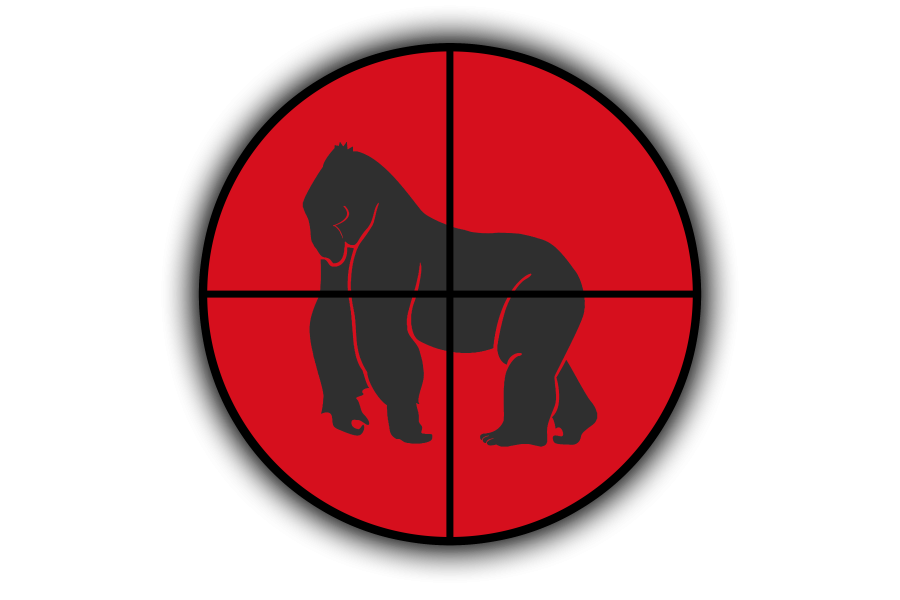The far-reaching effects of Harambe memes
September 29, 2016
Ever since the Western lowland silverback gorilla Harambe was shot and killed after a child entered his enclosure at the Cincinnati Zoo in May 2016, internet memes parodying his death have been circulating throughout social media platforms. While some of these images may be funny, underlying messages of racism often go unnoticed when laughing at ludicrous images with Harambe’s face plastered over them.
The word “Harambe” in Swahili means “togetherness,” and the African sound of his name undoubtedly plays a role in the perpetuation of his meme infamy. In our opinion, the use of Harambe as a pop-culture meme is simply a way of poking fun at the black experience, without having to be accused of direct racial slurs. It is no secret that the black American experience has been misunderstood and illegitimized through lack of media coverage.
Throughout the span of Harambe’s online fame, there have been several comparisons of the gorilla to black people, including Leslie Jones, a Saturday Night Live actress who recently starred in an all-female remake of the 1980’s classic movie, “Ghostbusters.” According to The Independent, among other disgustingly racist and sexist commentary that appeared on Twitter, Jones was compared to Harambe on her Tumblr page.
As if this racist and dehumanizing power trip by an internet troll wasn’t enough, many spoke out in support of the post, sharing photos of Harambe on Twitter and referencing him as “Leslie.” In our opinion, the personification of Harambe and the dehumanization of black Americans since Harambe’s death have played enormous roles in the reinforcement of structural inequality and violence against minority groups by the police force.
The racial connotations of the Harambe memes extend further than just the memes themselves. Since May of this year, a growing number of unarmed black men have been the victims of police violence. Despite the similar injustice of this phenomenon, Harambe has undoubtedly garnered more and longer-lasting internet attention. Not only is this statistical reality an ethical breach, but it also has severe repercussions in terms of actual media attention being brought against police brutality. If the media, or the public, cared as much about mass unjustified human murder as it did about an individual gorilla, then maybe we would see actual change in structural police violence.





















